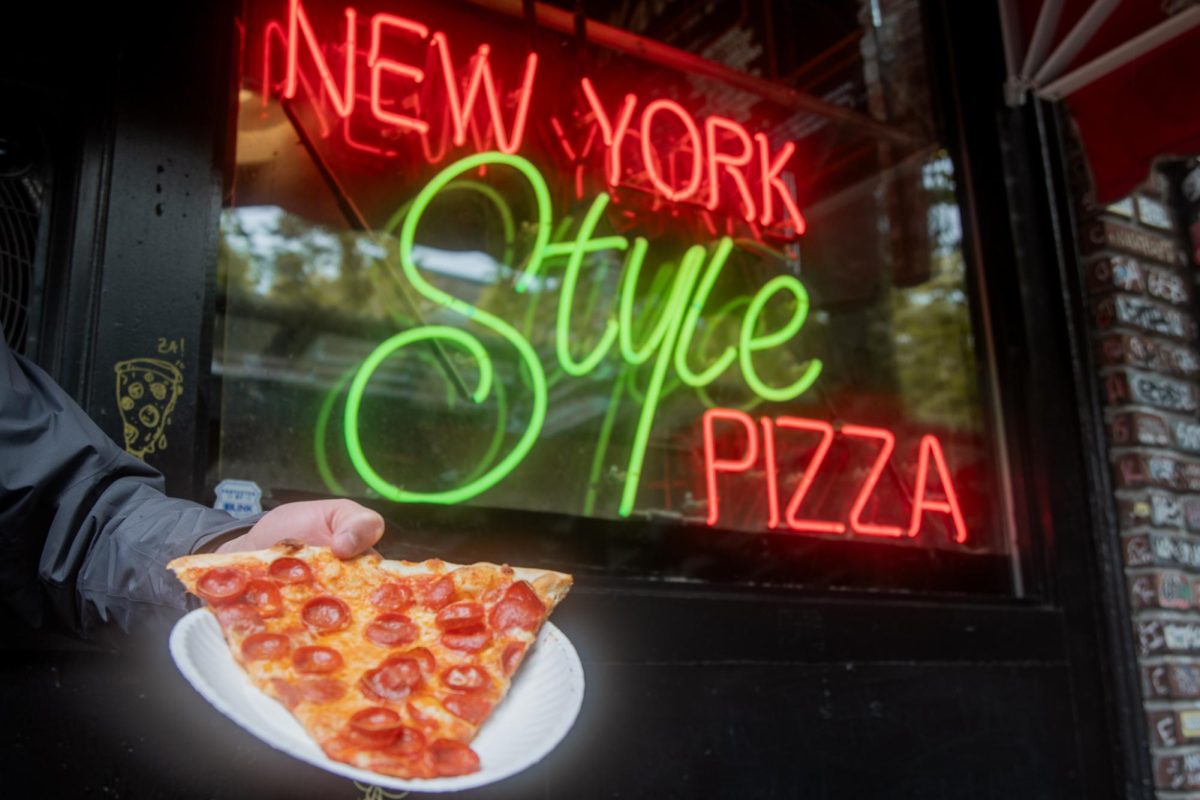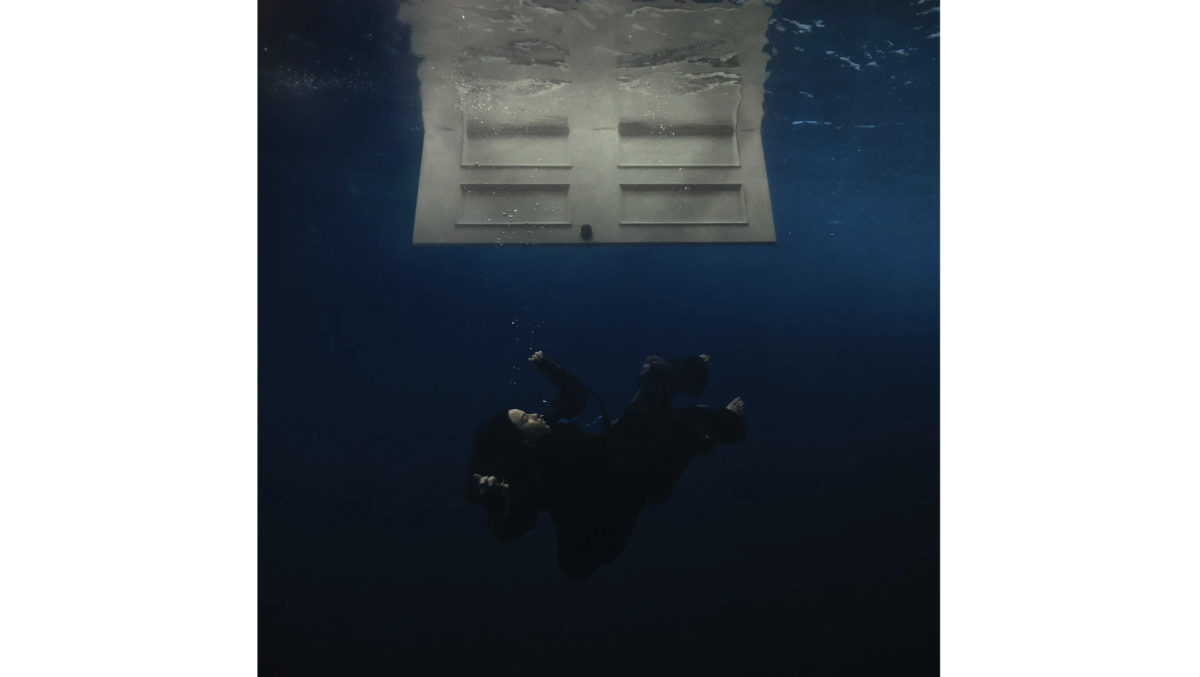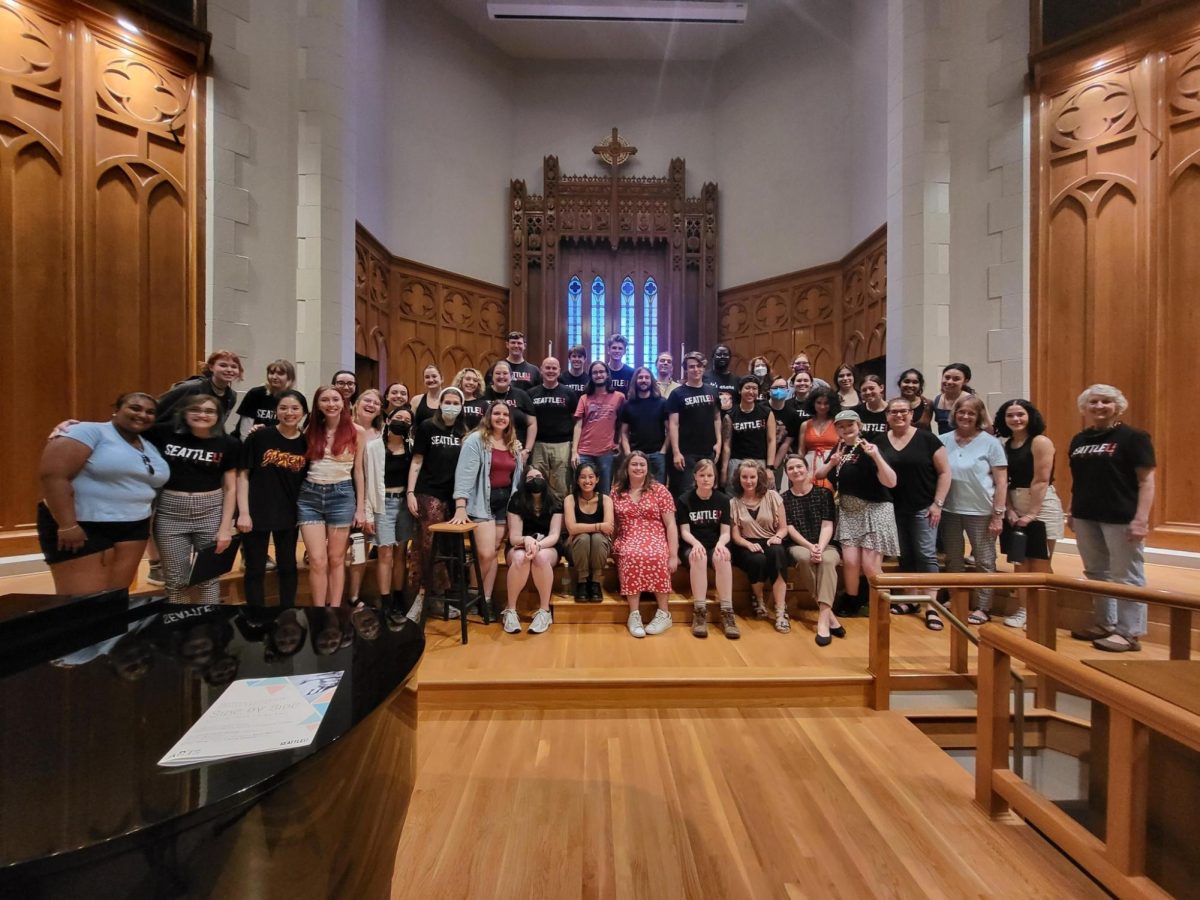The second season of the Netflix original series, “Dear White People,” was released this month. The show takes place at a fictitious Ivy League university. The content is meant to reflect social and racial issues that still exist on college campuses across the nation. While it appears that society has made progress in some ways, there are still issues of subtle and not-so-subtle discrimination and racism that occur (even at seemingly-liberal and progressive schools like Seattle University).
I would like to assume that a black face party like the one that occurred in the first season of “Dear White People” would not fly at Seattle U, but “Dear White People” highlights many other problematic occurrences that perpetuate a racist college culture that I’ve seen here at Seattle U.
One scene that made me stop to think was when the main character, Sam, was sitting in a classroom filled with mostly white people. A white male talked over the top of her and the other students immediately listened to the white guy and seemed to completely forget that Sam had even spoken.
This type of microaggression plagues classrooms around the country, Seattle U included. One of my friends who is a person of color, told me that this happens to her extremely often. I had not pondered this issue deeply until watching it happen so viscerally in the show, but now thinking back on my classes I realize that people of color are often silenced and disregarded right in front of me.
In another scene, Sam and some of her friends have an encounter with a group of white students in the dining hall. One white student makes a problematic comment that the hardest thing to be in America right now is an educated white guy, mentioning that there is a black president and a lot of black athletes. His friends agree, and go on to claim that affirmative action is the reason that black people get into college.
Affirmative action has been the source of heated debates among politicians for years, with some claiming that it disadvantages white people by accepting lesser qualified people of color into college. In contrast, advocates of affirmative action point out that people of color have been systematically disadvantaged for centuries with little efforts for reparations.
Director Justin Simien, who also directed the 2014 film of the same name, created the Netflix series not only to speak to white people, but to speak first and foremost to people of color. One thing he said is that he wishes to highlight is the nature of black activism.
I can see this play out in Sam’s activism actions, some of which are largely effective and some of which seem to flop.
The show flows nicely from the film, with each episode being from the perspective of a different character. This adds more complexity to the characters and opens up the narrative to future stories. Simien did a wonderful job of showing that racism is a multifaceted issue that is experienced differently by people of color across the country.
The intersectional issues in the show do a nice job of presenting a variety of forms of oppression faced by the characters. For example, Lionel, a student journalist, navigates being both black and gay.
“Dear White People” is an important show that adds to the national conversation on the complex subject of racism. It is evident to me that the topics brought up need more discussion and to be brought to the public’s attention.
I think that if more college students took the time to watch and try to understand themes in “Dear White People,” students could use the show to facilitate important conversations and, hopefully, more positive action would be taken.
Without giving too much away, the ending of the second season involves the appearance of an important piece in the puzzle of the secret society that Sam and Lionel have been trying to crack, so a third season seems likely. I am excited to see what sort of new stories develop for the characters and what other important topics surface.
Bailee may be reached at
[email protected]










